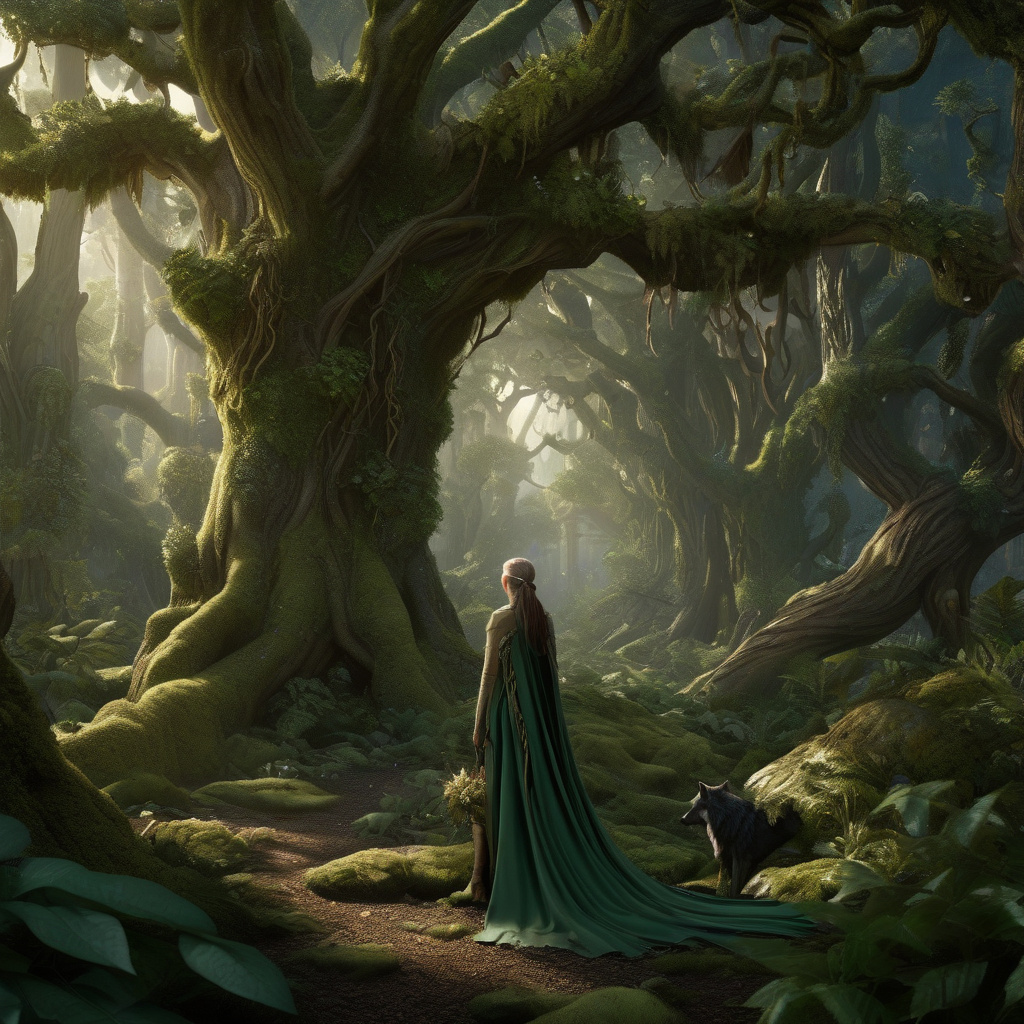Elves or Wolves? Correcting one Word Rewrites 800-Year-Old Legend of Wade Forever
Cambridge scholars have finally cracked a 130-year-old medieval literary puzzle: the Song of Wade, a gripping tale that has fascinated readers for centuries. The legend of Wade, a heroic figure renowned for his bravery and cunning, has undergone a subtle yet profound transformation thanks to the discovery of a single word that changes the entire narrative. This revelation not only sheds new light on the ancient story but also raises intriguing questions about the nature of storytelling and the power of language to shape our understanding of the past.
The Song of Wade, a cornerstone of medieval literature, recounts the adventures of the eponymous hero as he navigates treacherous landscapes, battles fierce foes, and ultimately achieves victory through courage and wit. For centuries, readers have been enthralled by Wade’s exploits, seeing him as the epitome of heroism and virtue. However, a team of scholars from Cambridge University recently made a groundbreaking discovery that challenges this long-held interpretation.
At the heart of the legend lies a crucial line that describes Wade’s faithful companions on his perilous journey. For years, it was believed that these companions were elves, mystical beings often found in medieval folklore. However, a careful reexamination of the original text revealed that the word in question was not “elves” but “wolves.” This seemingly minor change has far-reaching implications for the story’s meaning and themes.
By replacing “elves” with “wolves,” the scholars have transformed Wade’s companions from otherworldly allies to fierce and cunning predators. This simple substitution recasts the dynamic between Wade and his companions, painting a darker and more complex picture of their relationship. No longer are the companions ethereal beings offering magical assistance; instead, they are now seen as loyal yet dangerous allies whose motives are shrouded in mystery.
This discovery has sparked a lively debate among literary experts and enthusiasts, with many reevaluating their understanding of the Song of Wade in light of this new information. Some argue that the change from elves to wolves adds depth and nuance to the story, highlighting the precarious nature of heroism and the inherent risks of embarking on epic quests. Others see it as a radical reinterpretation that challenges traditional interpretations of the legend and calls into question our assumptions about the role of mythical creatures in medieval storytelling.
Regardless of where one falls in this debate, one thing is clear: the power of language to shape our understanding of the past should not be underestimated. A single word can alter the course of a narrative, transforming familiar stories into new and unexpected tales. The correction of “elves” to “wolves” in the Song of Wade serves as a potent reminder of the ever-present possibility for discovery and reinterpretation in the study of literature and history.
As scholars continue to unravel the mysteries of the past, one thing is certain: the legend of Wade will never be the same. By correcting a single word, Cambridge scholars have opened up a world of new possibilities and have forever changed the way we see this ancient tale of heroism and adventure.
#CambridgeScholars, #SongofWade, #MedievalLiterature, #LanguagePower, #LiteraryDiscovery












